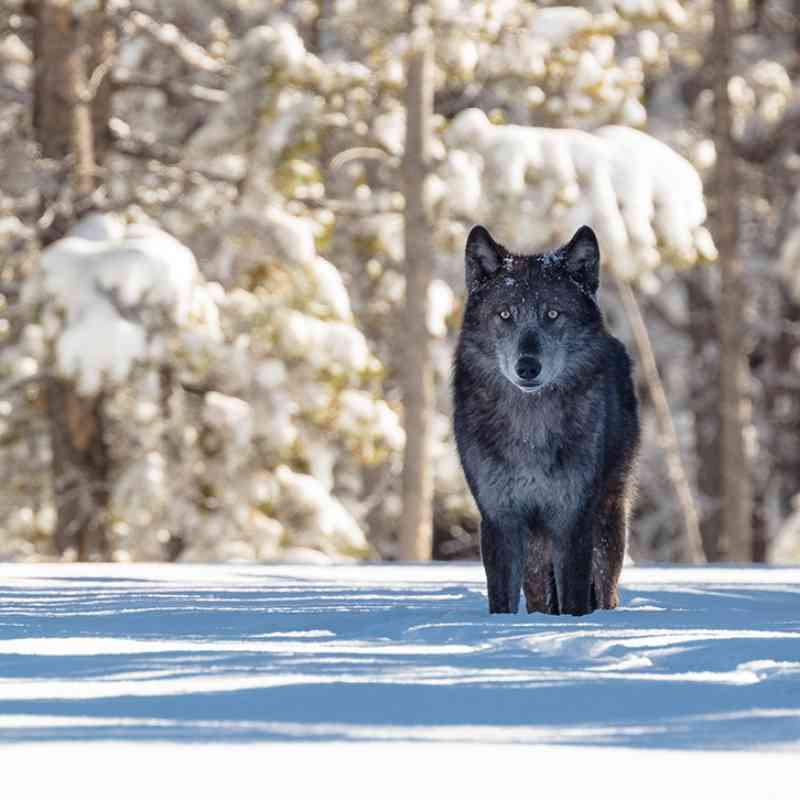
© Krista Schlyer
This year marks the 40th anniversary of the Endangered Species Act (ESA), a truly landmark law that solidified our commitment to conserve our nation’s wildlife.
We have had many successes. Bald eagles once again soar through our skies. Pelicans now surf the waves on the beaches of Florida, California and as far north as Maryland. Black-footed ferrets, once thought extinct, are coming back to the Great Plains. In Florida, even manatees are increasing in number.
But even as we celebrate these amazing successes, there are some troubling warning signs regarding our nation’s long-standing commitment to conserve imperiled wildlife.
Two years ago, wolves in Idaho and Montana and parts of Washington and Oregon were booted off the endangered species list by Congress—the first time that lawmakers, not biologists, decided to delist a species that was just turning the corner on the long road to recovery.
This was a dark day, not just for the wolves, but for endangered species protections in general because it started the ball rolling for more attacks on the ESA. Various members of Congress have repeatedly introduced legislation to wave ESA protections, to cut off funding for particular listed species and to block and overturn listings of imperiled wildlife.
In addition, the U.S. Fish and Wildlife Service (FWS) is retreating from past efforts and policies to fully recover species—the wolf is a perfect example. FWS has taken the politically expedient way out by proposing a nearly nationwide delisting of the gray wolf even when there are still huge areas of suitable, unoccupied habitat for wolves in California, Colorado and Utah and in Oregon and Washington, where wolves are still struggling to come back. FWS also has abandoned the dunes sage brush lizard in Texas and the fisher in the Northern Rockies, among others, refusing to protect these species even though the evidence is clear that they need serious help to survive.
On the ESA’s 40th anniversary, we need to recommit ourselves to the conservation values that led to the enactment of this landmark law and ensure that these wildlife treasures are around for future generations to enjoy. There will be lots of opportunities to speak out for wildlife in the near future. I hope you will be one of the voices.
Jamie Rappaport Clark, President
Related


